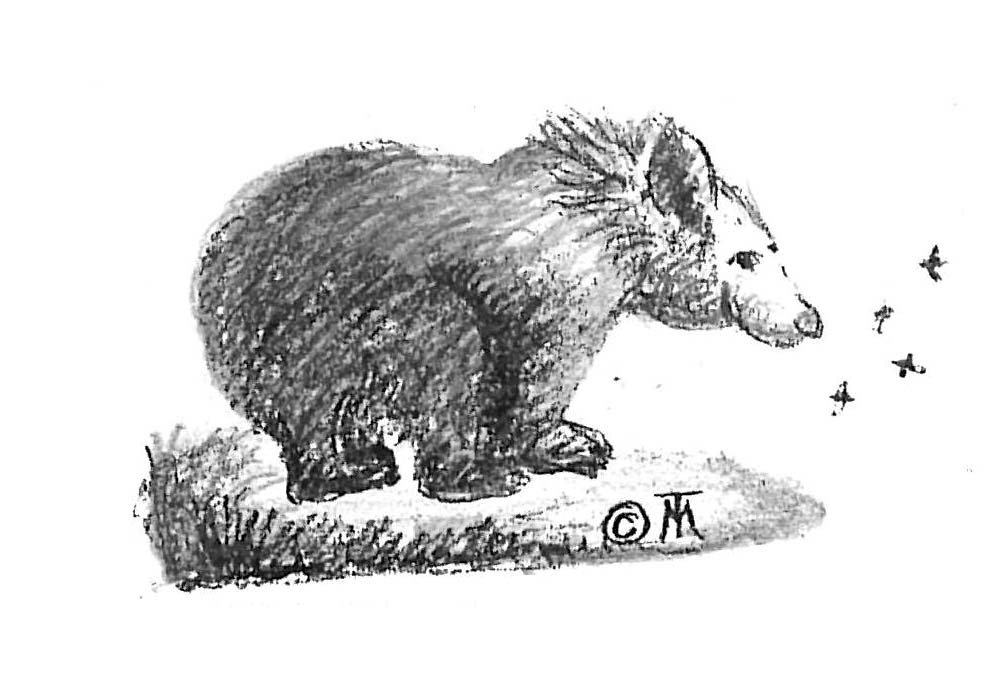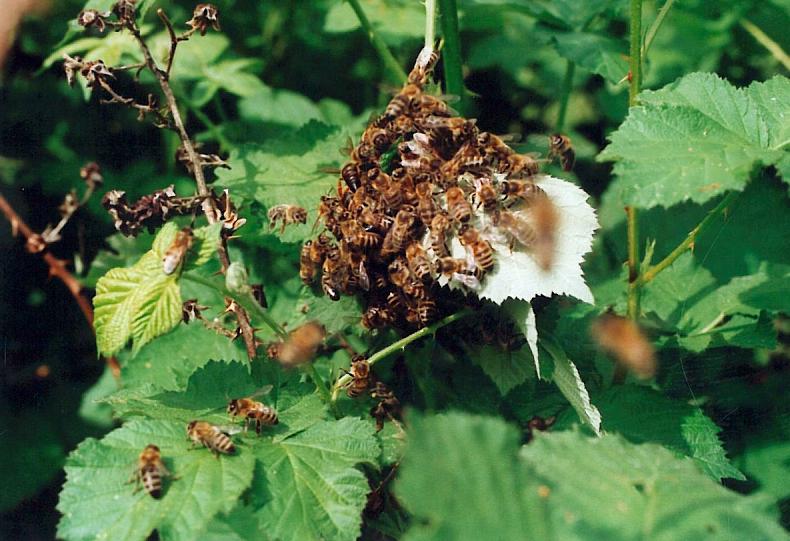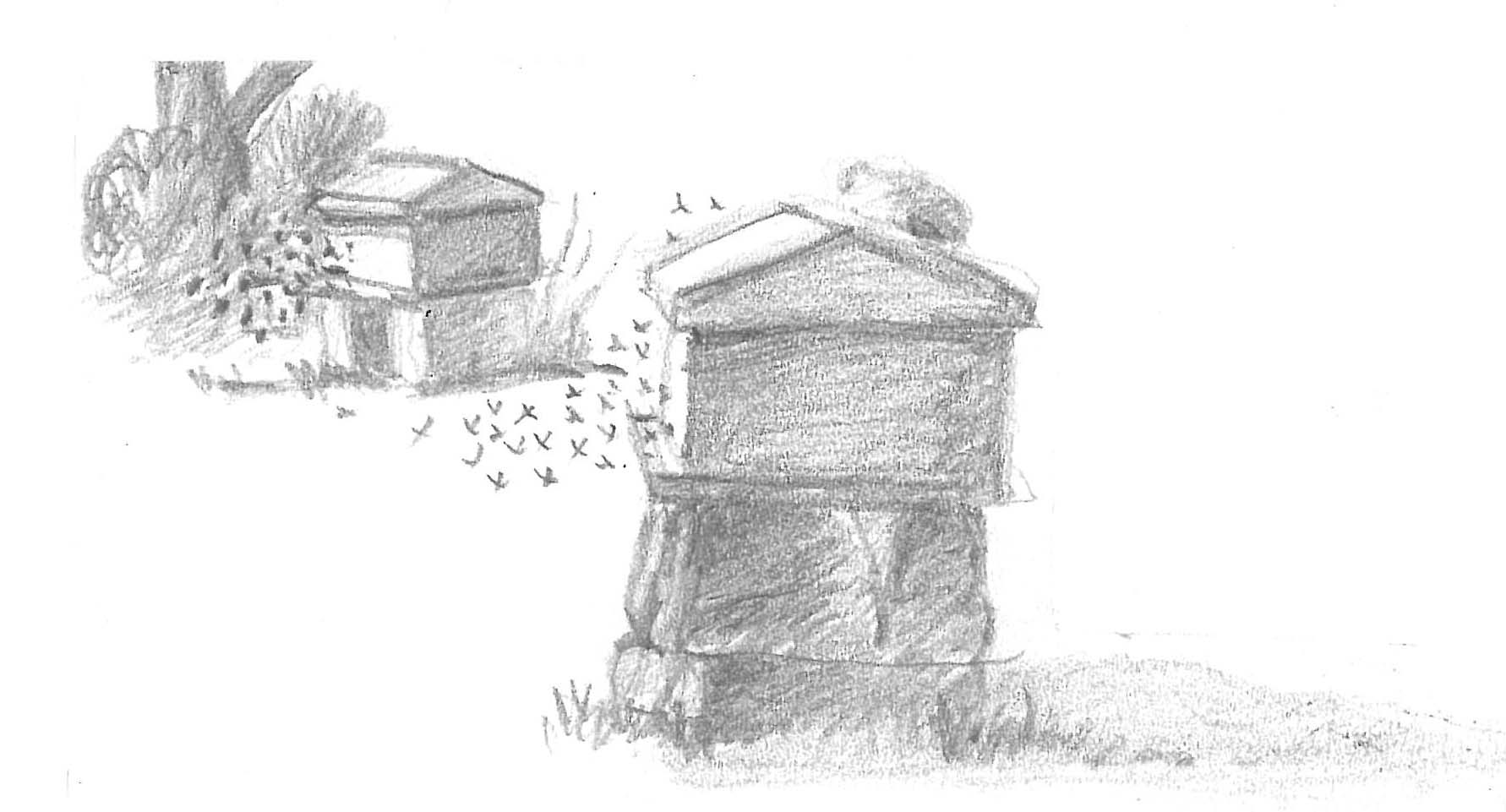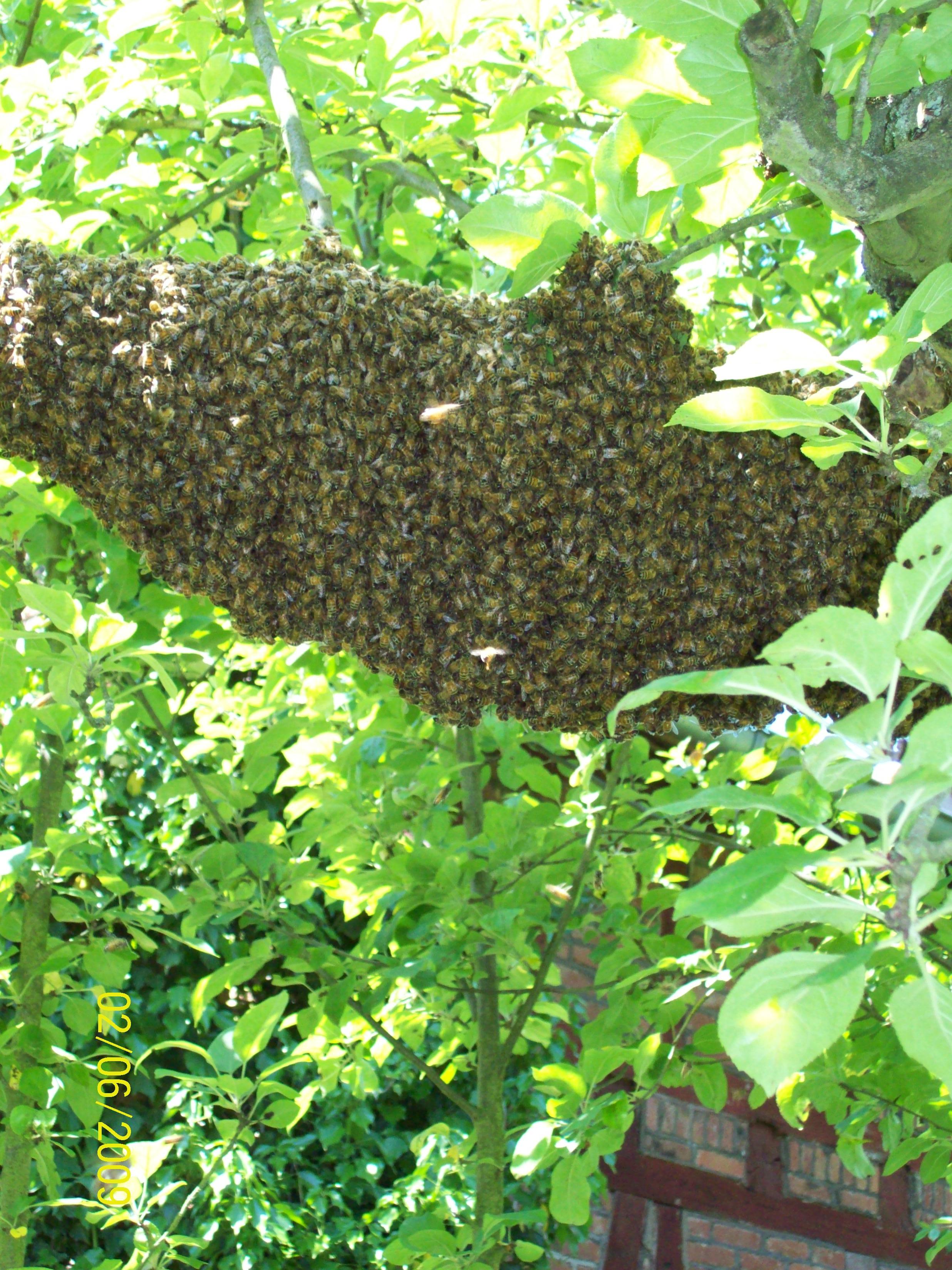



Sign
up for bee-therapy | Beauty-cure
| Anti-aging | Infertility
| Cancer
of the breast | Hashimoto-Thyreoiditis
|
Crohn's disease
Rheumatism
| Juvenile idiopathic
arthritis | Heart
diseases | Arteriosklerosis
| MS |
Diabetes
| Neurodermitis
| Obesity |
Depression
and Psychosis
Allergies
| Alzheimer
/ Parkinson | Diseases
of the kidneys | Pancreas
| how
to improve fitness of the body
Propolis
| Beeswax | Royal
Jelly | Organic Honey |
Comb
in the Comb | Raw Honey
| Organic Beekeeping
Basic Course
Expertise
| Courses | Home
| Research | Save
Beecolonies-Bienenpatenschaft | Certification
| Training Apitherapy
Farming, Manifold Landscape
And The Socalled "Third Industrial
Revolution"
One of
the most remarkable science publicists nowadays on the sector biologic
- dynamical farming and landscape, Dr. Thomas van Elsen (University of
Kassel, Faculty of Ecological Agriculture Sciences, Department of Organic
Farming and Cropping Systems Witzenhausen, Germany) thinks thereto, it
get admittedly much advertised with a "healthy landscape" - even in Eco
- farming - nevertheless he estimates it to be a "promising, whose redemption
in many cases is still missing" (1).
Farming has turned more and more to a "Corporate Farming", which will
go any length, if it only boosts the yields in short term. According to
Malcolm T. Sanford (2003) agriculture, especially in USA, reached already
the third industrial revolution, which exceptless concerns everybody, last
but not least the bee keeper*:
"Beekeepers, like everyone else, will be affected by what is being called
the "third industrial revolution." The first industrial revolution was
use of new sources of energy to produce goods and services. The second
involved information theory. That is now maturing as part of the "information"
age, and is based on use of digital computers in almost all the trappings
of "modern" life. The third is "genetic engineering," using aspects of
the other two in conjunction with recent scientific developments to directly
manipulate the components of biological life. The products issuing from
the third revolution are called "genetically modified organisms" or GMOs.
This opens up a whole new universe of possibility for agriculture and by
extension apiculture"
(2).
Dr.Sanford describes the genetically engineered organisms (GMOs) as
the third industrial revolution. In the USA one is already sure, that it
"open up a whole universe of new possibilities" ( 3) - so to speak a fine
new world, consisting of GM corn, GM cows and pigs, GM medicine, GM weapon
(GMOs, who are able to destroy materials) etc.
Who then is still interested in how the landscape look like? lately
it should be called: show me the culture landscape of your country and
I tell you on which consciousness level you stand. "culture landscape is
an expression of the consciousness development" says Dr. van Elsen; she
will be so, like the society, the consumer esteem it. „Over decades peasants
thereto were educated, to feel themselves as free mercantilists and to
work for obtaining maximum yields, with the success, that further 'products'
of farming - a manifold landscape and its species live stock became - a
nursing case. Therein differs the ecological agriculture not basical from
conventional "( 4).
In most cases one sees only the side effects of this third industrial
revolution which are placed into the foreground. One investigates for example
only, if cloned animals, or genetically modified stock can be harmful to
the healths of human beings. Thus the FAZ recently writes lapidary: „No
risks through consumption of cloned animals" ( 5 ). the American approval
authority FDA still waits for some more reports, but fundamentally one
has no scruples. Regarding the healths of cloned animals, the veterinary
medicine-men came to the conclusion, that there are no special risks to
be expected concerning cloning ( 6 ) - setting aside naturally all the
abortions and deformities. For calming down it is said then: „most of these
abortions would already be detected during, or briefly after birth, and
the respective animals would quickly perish, or get slain "( 7 ).
A new industrial revolution demands sedatives. These get supplied diligently
by this time: from the medias, the PR-agencies of the Biotec - firms, the
purchased scientists and of politicians, which once had leader positions
in the Biotec - firms; a machinery, which runs at high pressure in the
USA and - at least there it seems to be effective. Notable scientist let
themselves get lulled into, last but not least Dr. Sanford and Dr. Williams
(IACR - Rothamsted, Plant and Invertebrate Ecology Division, Harpendent,
Hertfordshire UK). one finds it encouragingly, that there are apparently
no side effects - and therewith one is pleased:
„The bottom line so far is encouraging, Dr. Williams concludes: "There
is no evidence to date from the extensive growing of GM crops in the EU
or in North America of harm to bees." (8).
One of the main side effects of this third industrial revolution, the
so- called „green genetically engineering ", are nevertheless the
clearanced and devasted landscapes. Thanks of ecological farming
„green genetically engineering ", will at least be kept off these areas
- however a completely new concept is needed.
Dr. van Elsen says: „Ecological - also biologic-dynamical
managing alone is no guaranty for a manifold landscape" (9).
New strategies concerning farming are necessary - and here's called
upon each single country of this earth, to develop and realize these strategies.
our experts centres can render help support;
but to decide keeping GMOs away from agriculture, is up to the people
and the chosen representatives of each single country - a decision which
cannot be delayed.
___________
*)
More information and address source for Bee-produce from beekeeping
considering the character of bees - for instance: comb honey with
natural cristalization (not heated) and honey from natural combs
(neither extracted nor stirred nor heated before filling) as well as pure
beewax without residuals under :
List
of beeproduce
Centre
for social Medicine and natural Apitherapy
Centre
for Ecological Apiculture.
Beekeeping
courses (practical and distance) in the Centre for ecological Apiculture:
start now with ecological top-bar-beekeeping for beginners!!
Notes and literature
see full version
Full version in: Natural
Science Vol. 2 Issue 4/2003
Copyright
© Centre
for Food Quality

